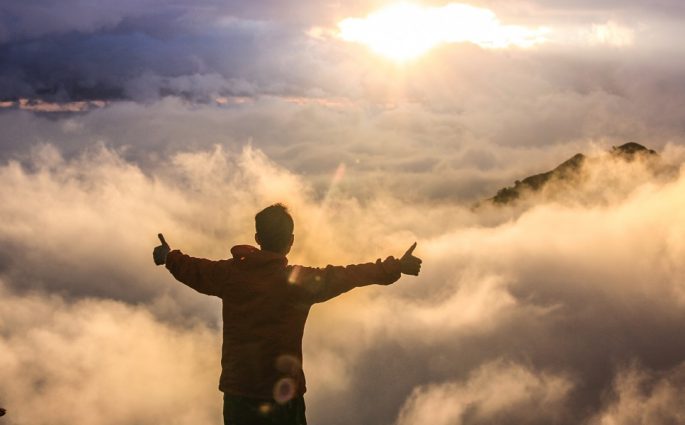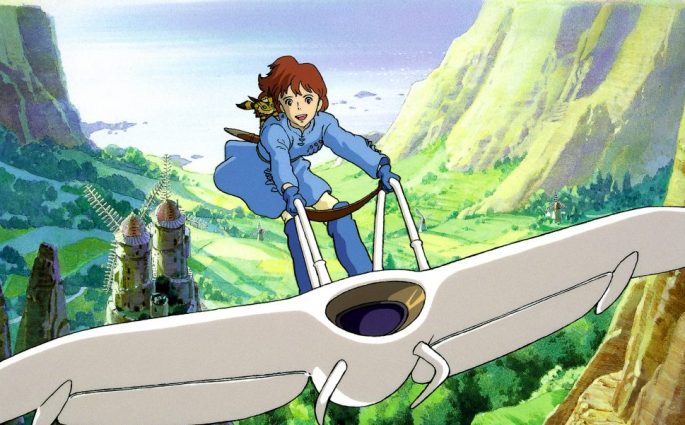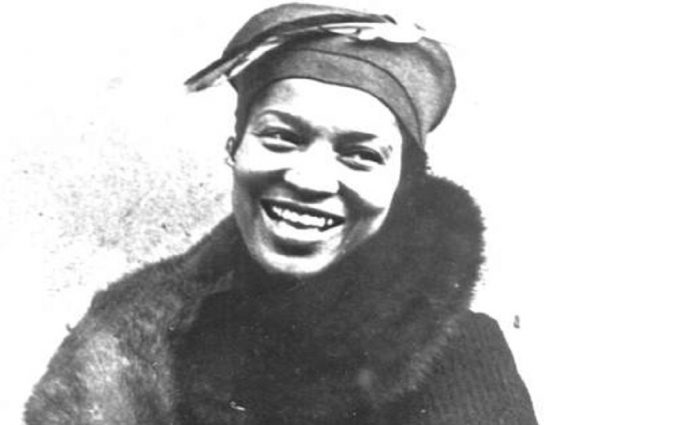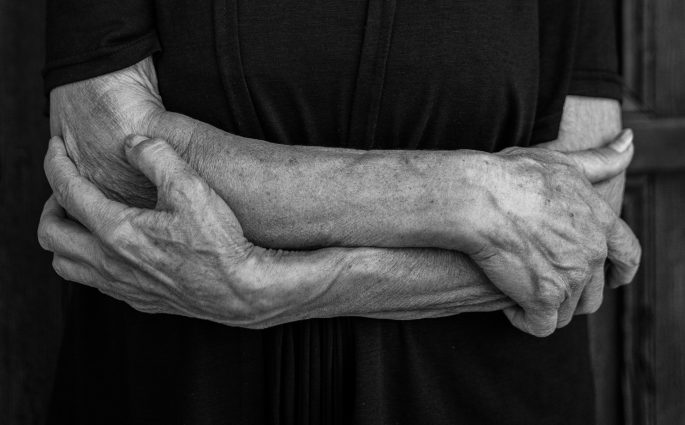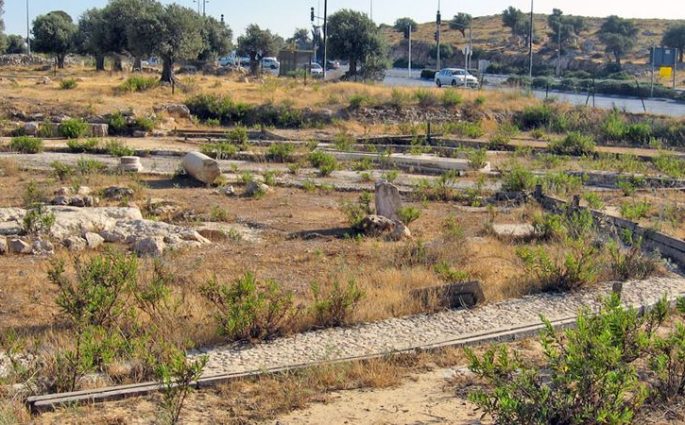The Prosperous Brain
Kelly Lambert, Ph.D.— Although scholars have debated the exact meaning of Thomas Jefferson’s reference to the pursuit of happiness in the Declaration of Independence, the phrase can be traced to seventeenth-century philosopher John Locke’s “life, liberty, and property” philosophical trinity and his declaration that the pursuit of happiness was our

